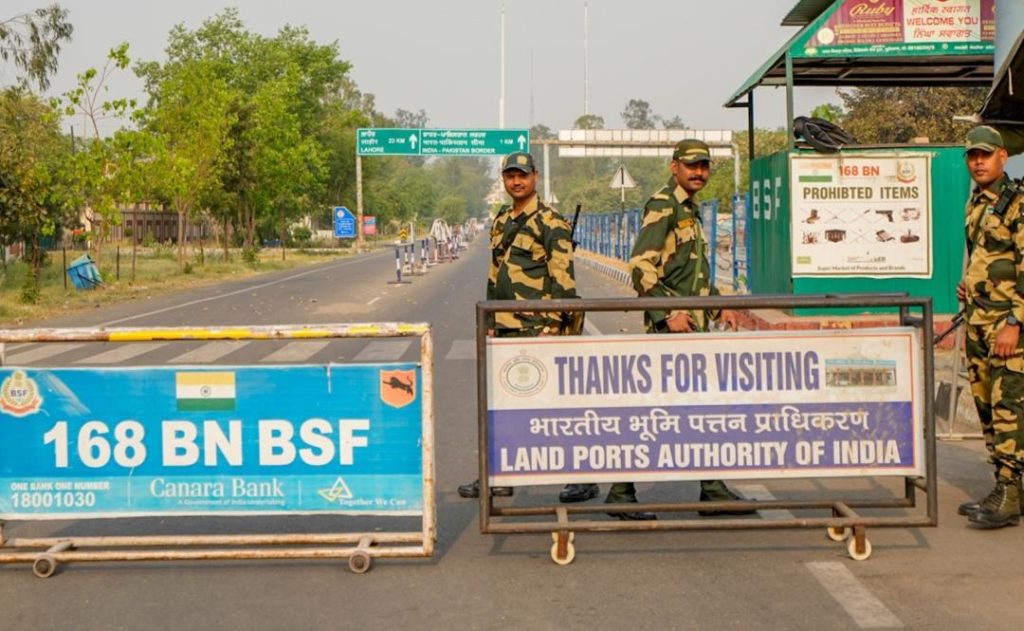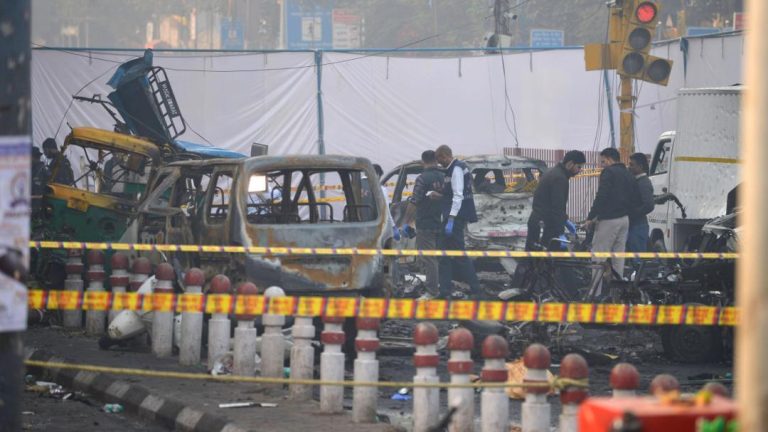
Attari-Wagah border between India & Pakistan completely closed
The Attari-Wagah border, a significant crossing point between India and Pakistan, was completely closed on Thursday, according to a report by PTI. This sudden decision has raised concerns about the already tense relations between the two neighboring countries. As per the report, no person from either side crossed to the other side on Thursday, bringing a halt to the daily routine of thousands of people who travel through this border every day.
The decision to close the border comes amidst a backdrop of heightened tensions between India and Pakistan following a series of attacks and counter-attacks. The latest incident was the Pahalgam terror attack, which claimed the lives of 26 tourists, including a dozen foreigners. In response to this attack, India launched a series of airstrikes on terrorist camps in Pakistan, leading to a significant escalation in tensions between the two countries.
Pakistan had earlier shut the border and stopped accepting its citizens who were deported by India. This move was seen as a retaliatory measure, aimed at putting pressure on India to reverse its decision to deport Pakistani nationals. The deportation of Pakistani citizens by India has been a contentious issue, with Pakistan accusing India of violating international human rights laws by not providing a fair trial to the deported individuals.
The closure of the Attari-Wagah border is a significant development, as it has far-reaching implications for trade, tourism, and people-to-people exchanges between the two countries. The border is a major crossing point for goods and services, with a significant volume of trade taking place every day. The closure of the border is likely to have a negative impact on the economy of both countries, particularly for small businesses and traders who rely heavily on cross-border trade.
The Attari-Wagah border is also an important symbol of the India-Pakistan rivalry, with the daily flag-lowering ceremony at the border serving as a symbol of the tension and competition between the two countries. The ceremony, which involves the lowering of the flags of both countries, is a popular tourist attraction and is often attended by thousands of people every day. The closure of the border has put an end to this ceremony, at least for the time being.
The decision to close the border has been met with concern and criticism from various quarters, including the Indian government, opposition parties, and civil society organizations. Many have expressed fears that the closure of the border could lead to a further escalation of tensions between the two countries, and could have long-term implications for peace and stability in the region.
In a statement, the Indian government said that it was reviewing the situation and would take all necessary steps to ensure the safety and security of its citizens. The Indian government has also accused Pakistan of supporting terrorism and will continue to take strong action against terrorist groups operating in the region.
The closure of the Attari-Wagah border is a significant development in the already tense relations between India and Pakistan. It remains to be seen how long the border will remain closed, and what the implications will be for trade, tourism, and people-to-people exchanges between the two countries. However, one thing is clear – the closure of the border is a stark reminder of the ongoing tensions and competition between India and Pakistan, and the need for both countries to work towards a more peaceful and stable future.
Source:






